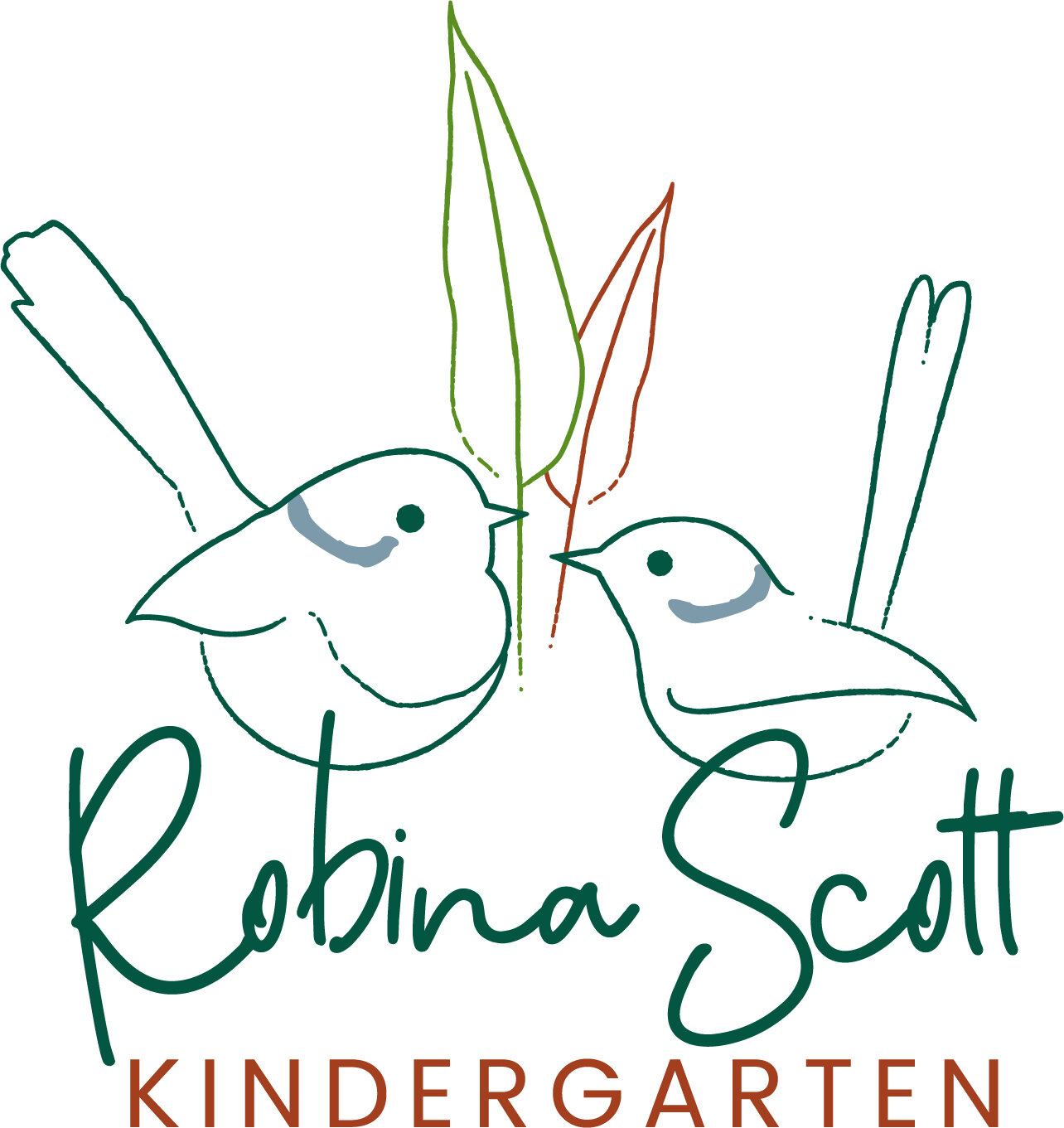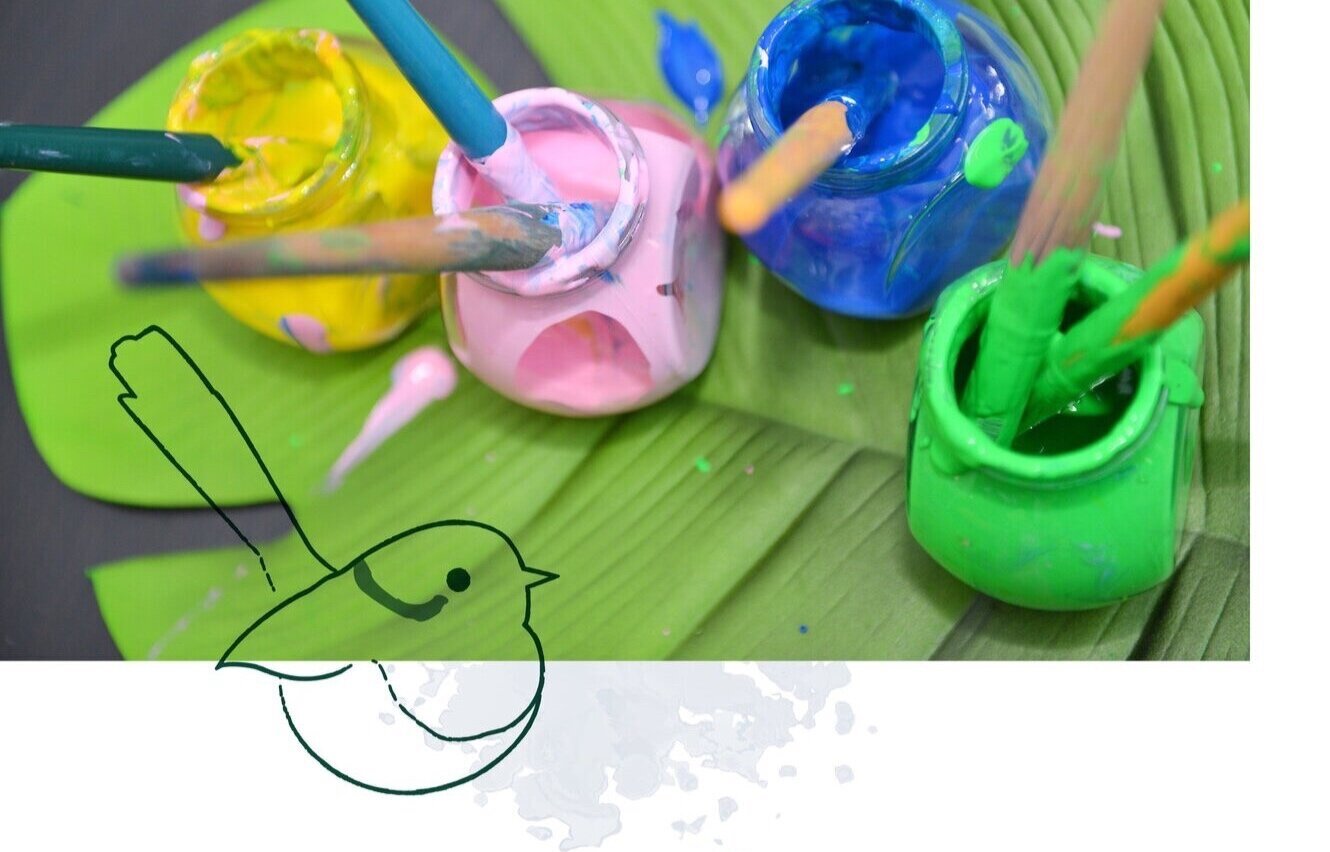OUR EDUCATIONAL BASE
Rated as Exceeding the National Quality Standard.
Fundamental to the Early Years Learning Framework is a view of children’s lives as characterised by belonging, being and becoming. Their earliest development and learning takes place through relationships and connections with family, community, culture and place. As children participate in everyday life, they develop interests and construct their own identities and understandings of the world.
Robina Scott Kindergarten offers:
Educational play-based learning
Welcoming indoor and outdoor spaces
Qualified, experienced and well regarded teachers and educators
Genuine interest and desire to form deep partnerships with families and the community
Effective leadership
Commitment to child wellbeing and safety
Our Guiding Documents
Robina Scott Kindergarten is guided by the National Quality Framework. Under the National Law and National Regulations, our educational program is underpinned by the Early Years Learning Framework and the Victorian Early Years Learning and Development Framework.
Robina Scott Kindergarten contributes to the following outcomes:
Children have a strong sense of identity
Children are connected with and contribute to their world
Children have a strong sense of wellbeing
Children are confident and involved learners
Children are effective communicators
This focus assists us to address the developmental needs, interests and experiences of each child, while taking into account individual differences.
Robina Scott Kindergarten is a child safe community.
Our Commitment to Excellence
The NQF introduced a new quality standard in 2012 to improve education and care across long day care, family day care, preschool/kindergarten, and outside school hours care services.
The NQF includes:
Benefits for children and families:
Research shows quality education and care early in life leads to better health, education and employment outcomes later in life. The early years are critical for establishing self-esteem, resilience, healthy growth and capacity to learn. Quality education and care shapes every child’s future and lays the foundation for development and learning.
The major benefits for parents and children include:
improved educator to child ratios, ensuring children have greater individual care and attention for children
educators with increased skills and qualifications
better support for children’s learning and development through approved learning frameworks.

